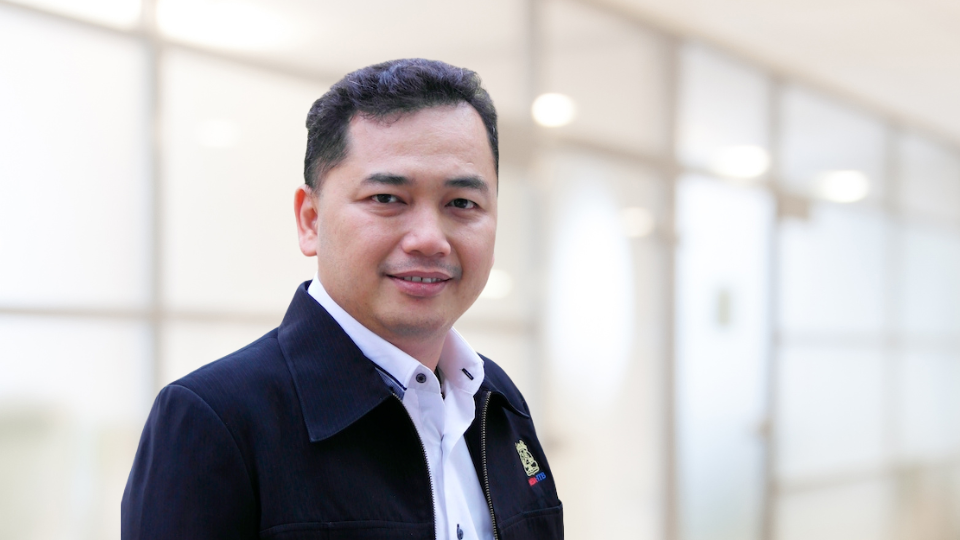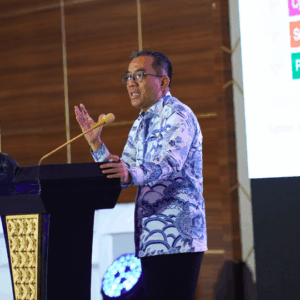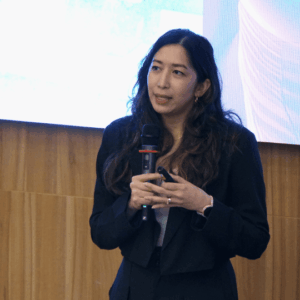Dr. Hary Febriansyah, an SBM ITB lecturer, has secured two prestigious grants from the ASEA-European Academic University Network (ASEA-UNINET). These grants will support two projects to enhance vocational skills and improve teaching methodologies.
Dr. Hary, a doctoral graduate from Austria, leveraged the strong bilateral relationship between Indonesia and Austria, particularly in efforts to increase both the quantity and quality of semi-skilled workers. Recognizing Austria’s needs in this sector, the governments of Indonesia and Austria signed a Memorandum of Understanding (MoU), which led to a collaboration with Professor Markus Ammann from the Faculty of Education at the University of Innsbruck.
The first grant will fund a comprehensive research initiative encompassing research, community service, and teaching. The teaching component includes workshops for vocational high school (SMK) teachers in West Java, particularly in Bandung and Tasikmalaya. The program involves reciprocal visits between Indonesian and Austrian educators, with Austrian industry representatives discussing industry needs. Additionally, doctoral students will be involved in the research and have the opportunity to spend three months in Austria to strengthen their research.
“Alternatively, some ITB lecturers may have the opportunity to teach at the University of Innsbruck,” Dr. Hary noted.
The second grant supports the Teaching Clinic Indonesia (TCI) project, a collaborative initiative with the University of Vienna and the State University of Surabaya (UNESA).
“Our focus is on exchanging best practices in teaching pedagogy between UNESA and the University of Vienna,” Dr. Hary explained.
The research team includes Dr. Dominik E. Froehlich and Mag. Julia Raberger from the University of Vienna, as well as Drs. Diana Rahmasari and Ira Darmawanti from the Faculty of Psychology, UNESA, alongside Dr. Hary from SBM ITB. The project will involve benchmarking visits between Indonesian and Austrian teams, emphasizing the adoption of best teaching practices.
Both projects are funded by ASEA-UNINET. While the first grant addresses the shortage of semi-skilled workers by supporting vocational and diploma students, the second focuses on improving teaching methodologies among active university students in Europe. Both initiatives are expected to yield academic publications contributing to their respective fields.
Both projects are funded by ASEA-UNINET. While the first grant addresses the shortage of semi-skilled workers by supporting vocational and diploma students, the second focuses on improving teaching methodologies among active university students in Europe. Both initiatives are expected to yield academic publications contributing to their respective fields.






